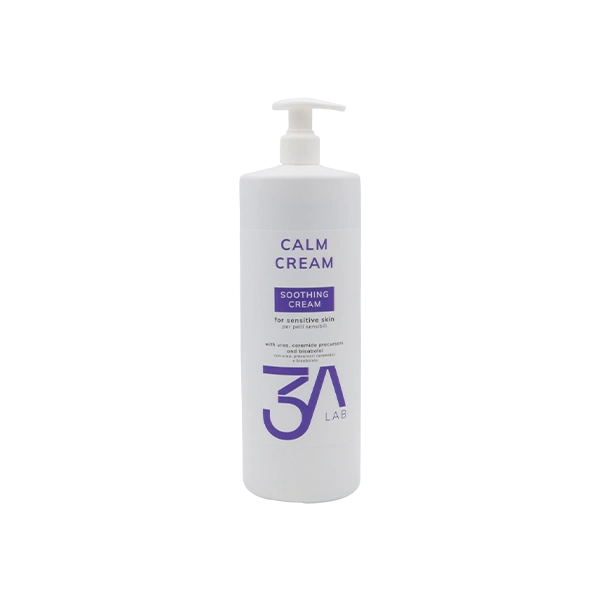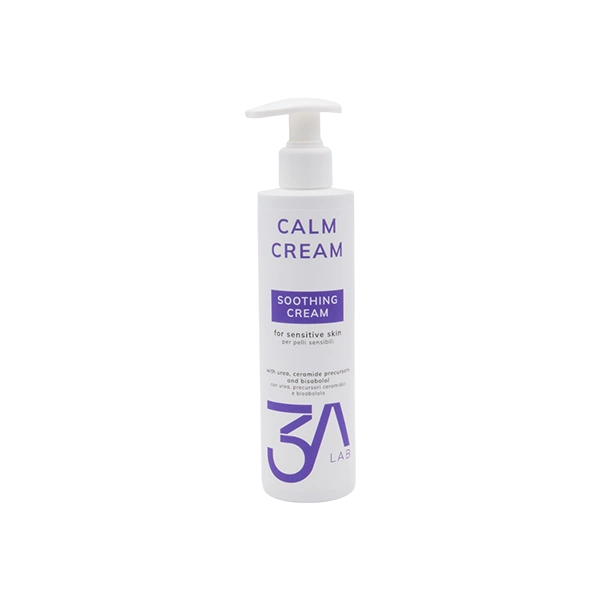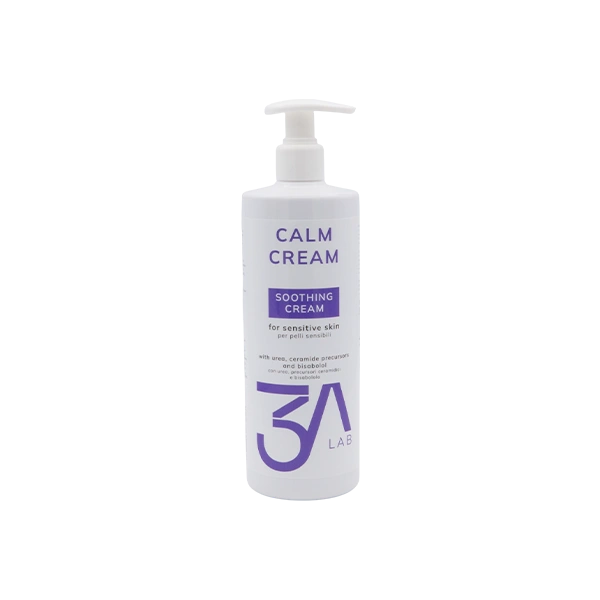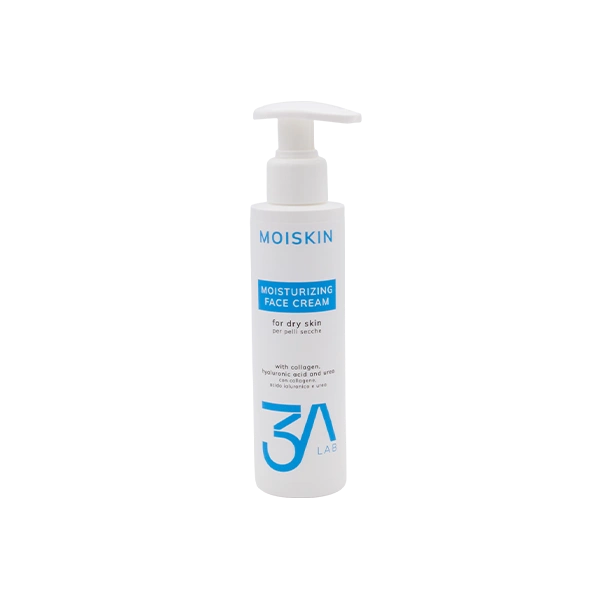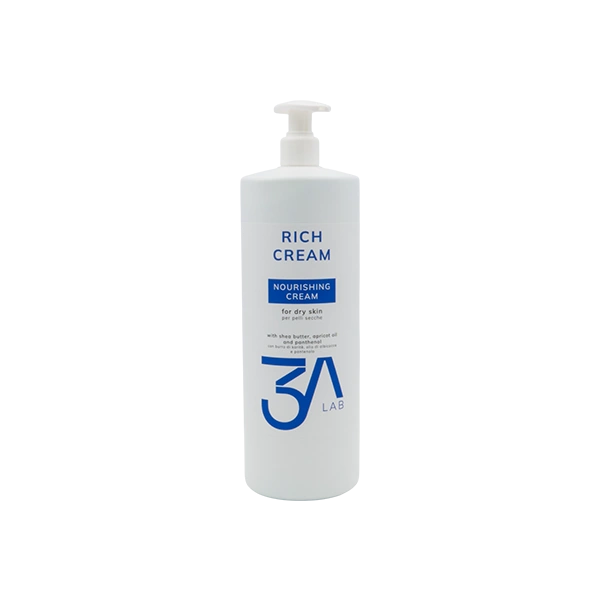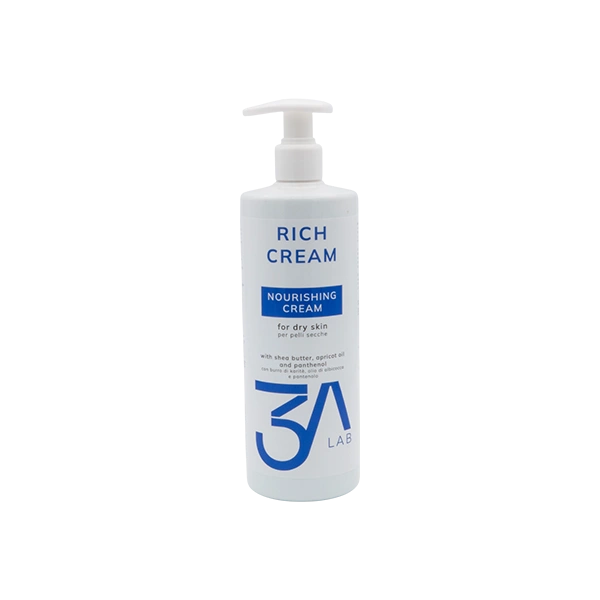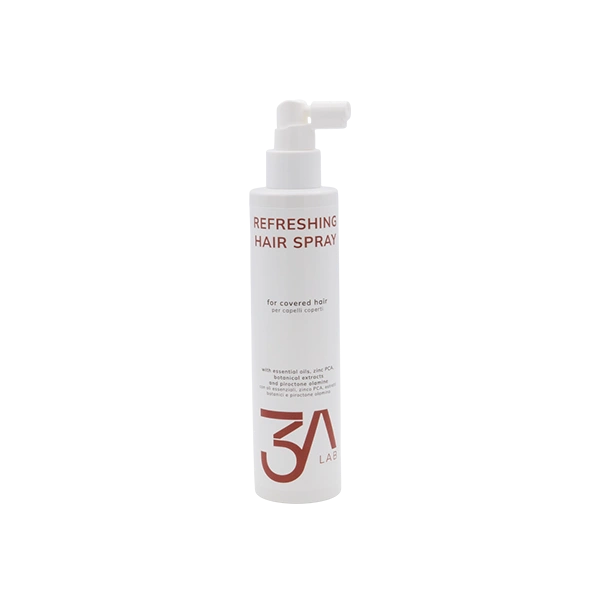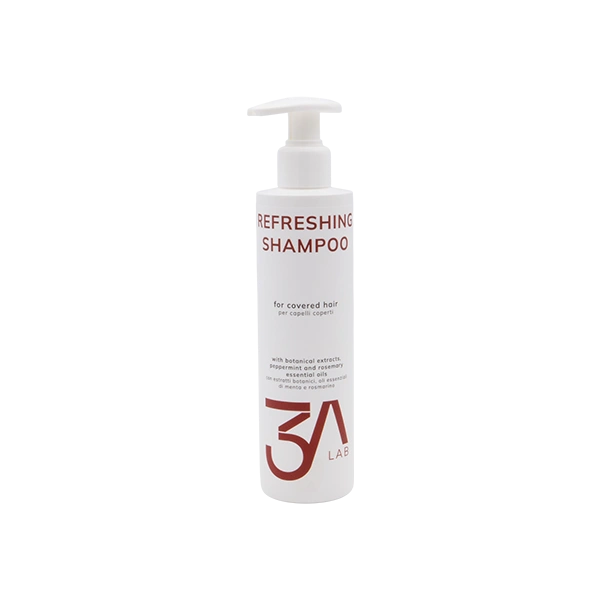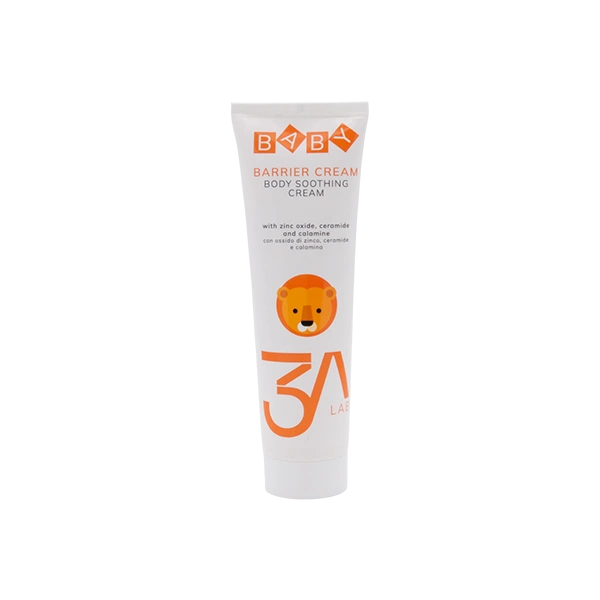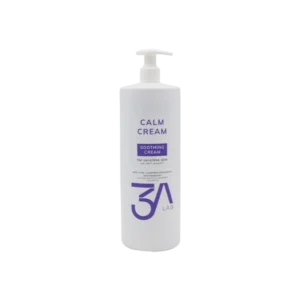Sensitive skin and ways to care for it.
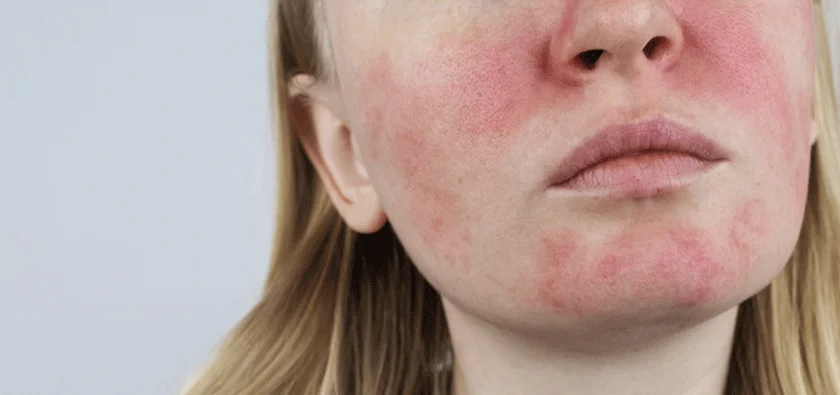
What is sensitive skin? What are its signs?
The most prominent signs of sensitive skin:
Causes of skin sensitivity:
Steps to care for sensitive skin:
Sensitive skin is one of the most difficult types of skin to care for. It’s not a luxury, and it requires a specific approach to achieve the best results without causing damage to the skin. Sensitive skin quickly reacts to different environmental factors and can be affected by chemicals, which may cause redness or dryness.
If you have sensitive skin, you are in the right place. In this article, we will discuss the best steps for caring for sensitive skin with practical and easy methods, along with some tried-and-tested tips from beauty experts specializing in sensitive skin care.
What is sensitive skin? And what are its signs?
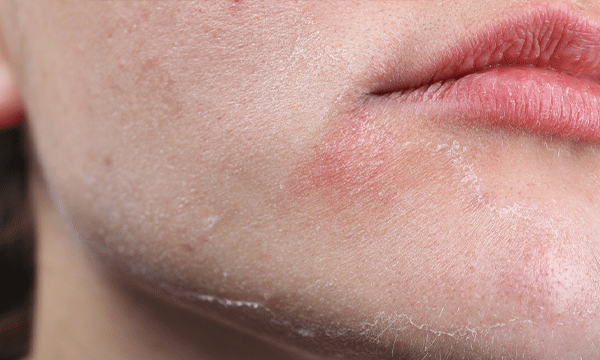
It is a type of skin that is easily irritated, reddened, and dried when exposed to various factors, whether environmental or cosmetic products.
The most prominent signs of sensitive skin are:
- Redness of the skin, especially when exposed to heat or cold, or when using certain cosmetic products.
- Feeling of itching or tingling, especially when exposed to dry air or using new products.
- Skin irritation or the appearance of a rash when using products that are not suitable for the skin type.
Causes of skin sensitivity:
- Genetics play a major role in skin type, so skin type is often inherited.
- The use of beauty products containing chemicals or unsuitable fragrances can lead to skin irritation.
- Exposure to direct sunlight for long periods without using skin protection products.
- Climatic changes, such as extreme heat or strong winds, directly affect the skin.
- Not following a healthy diet can affect the skin and may lead to sensitivity.
Sensitive skin care steps
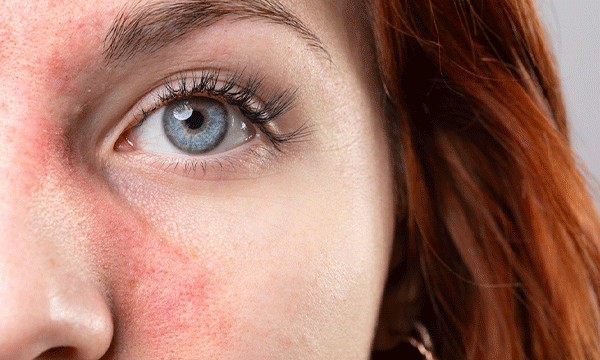
If you suffer from sensitive skin and want to achieve radiant and healthy skin, you should follow a skincare routine tailored to your skin type to protect it from irritation and redness. The most important steps in this routine are as follows:
- Cleanse your skin gently using a cleanser specifically designed for sensitive skin, free of alcohol and fragrances. When selecting a suitable cleanser, choose one that contains soothing ingredients such as green tea, chamomile, and aloe vera. While washing your face, avoid using hot water; instead, opt for lukewarm water to prevent skin irritation.
- One of the most important steps recommended by skincare experts for those with sensitive skin to achieve healthy skin is daily moisturizing using a suitable moisturizer for sensitive skin. Look for products that contain hyaluronic acid, shea butter, or glycerin. Of course, you should avoid moisturizers that contain alcohol and fragrances, as they may irritate the skin.
- Use a suitable sunscreen for your skin type, preferably a mineral sunscreen containing titanium dioxide or zinc oxide. It is also recommended to choose a sunscreen with an SPF of at least 30, even if you are not directly exposed to sunlight. In case of prolonged sun exposure, it’s best to reapply sunscreen every two hours.
- If you have sensitive skin, you should avoid using strong exfoliating products and instead opt for gentle exfoliators that contain natural fruit enzymes.
- When using cosmetics, make sure to choose products specifically designed for your skin type that are free from harsh ingredients. Additionally, it’s important to clean and disinfect your makeup tools regularly to prevent bacterial growth, which can irritate and aggravate the skin.
- If you want to achieve radiant and healthy skin, you should follow a healthy diet that includes all essential vitamins, minerals, and antioxidants. Additionally, drinking plenty of water is crucial to keeping your skin hydrated.
- Before trying any new product, conduct a patch test by applying it to a small area of your body, such as your hand, before applying it to your face.
- Create a night time routine for your skin type by cleansing your face with a suitable cleanser, then applying a night moisturizer designed for sensitive skin that contains panthenol or ceramides.
- Of course, you should consult a doctor if you experience any persistent redness or excessive sensitivity, especially if it appears suddenly.
These are the best expert tips for managing skin sensitivity to achieve healthy, radiant, and irritation-free skin. However, if you experience any severe symptoms, it’s essential to consult a specialist for personalized advice.
